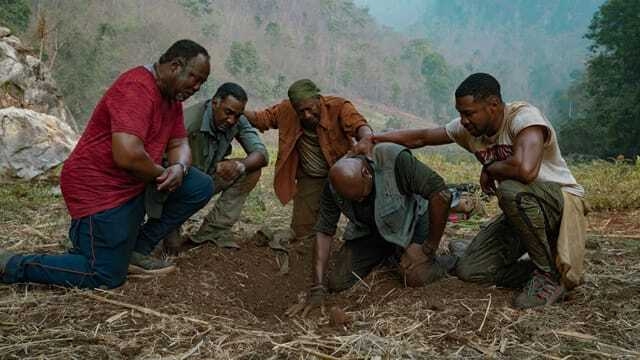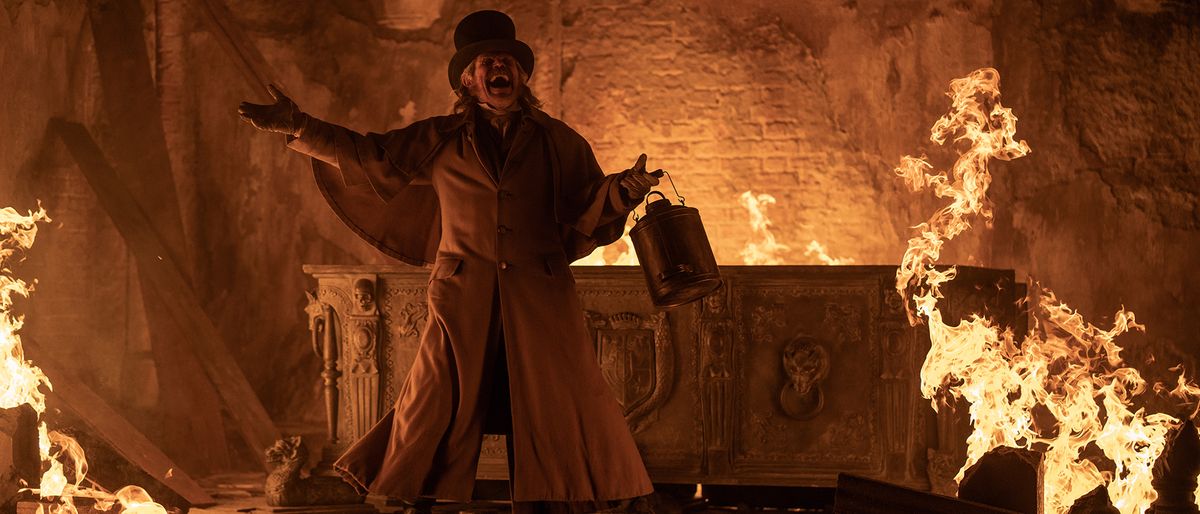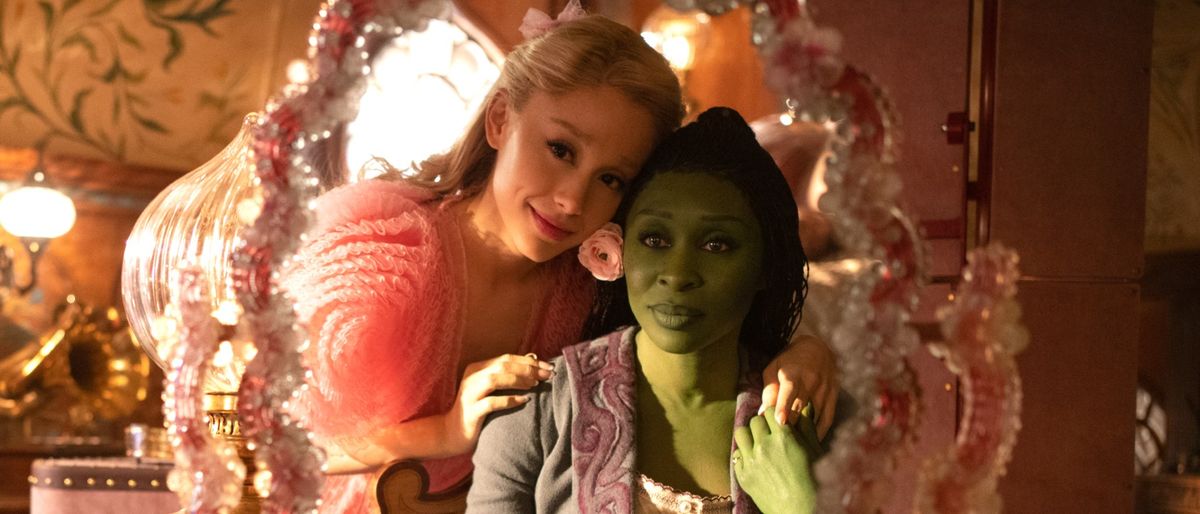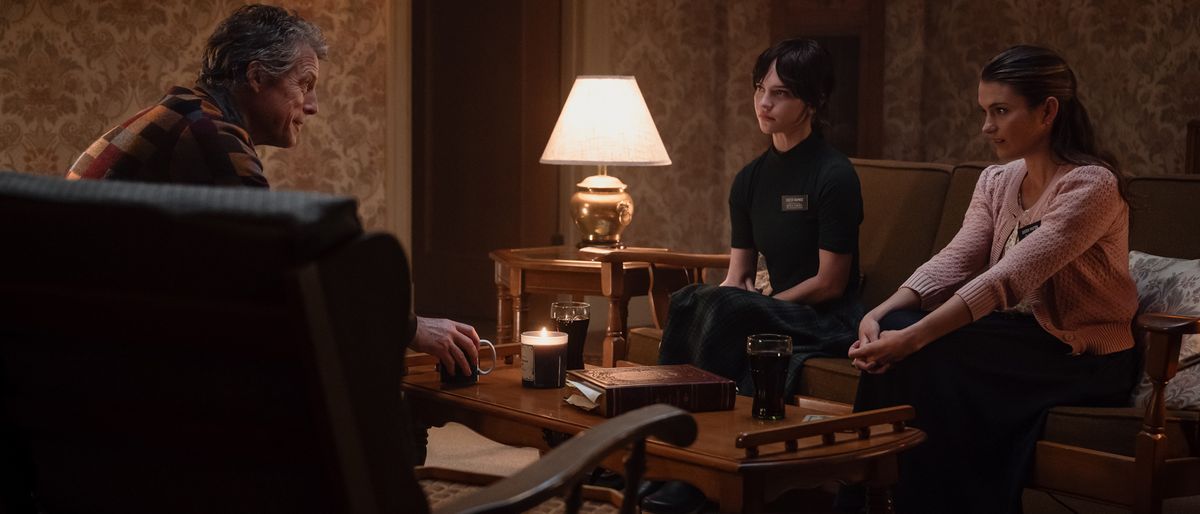
If Birth of a Nation wrote historical past in lightning, then director Spike Lee wrote it once more in thunder and hellfire together with his newest joint, Da 5 Bloods. And it wouldn’t be his first time. Ambitious visuals, a future time and signature darkish humor confront white historical past and inform the largely unstated warfare on black folks in America.
Paul (Delroy Lindo), Otis (Clarke Peters), Eddie (Norm Lewis) and Melvin (Isiah Whitlock Jr.) are all black veterans of the Vietnam War. Decades later, they return to seek out the stays of their fallen chief Stormin’ Norman (Chadwick Boseman), in addition to the U.S. treasury gold they hid and vowed to convey again as reparations for his or her folks.
What follows is chaos.
From a visible and sound perspective, the movie is a critique of conventional “war films.” There are a whole lot of allusions to common examples – most notably Apocalypse Now – that haven’t included the black expertise. Lee deliberately exaggerates their visible and sound tropes for his personal functions. For instance, in current day, the reunited Bloods are on a ship, gliding by way of the guts of the jungle. “Ride of the Valkyries,” a staple piece that signifies going to battle, is utilized to comedic impact. Instead of troopers driving in, there are previous males taking pictures the breeze on a leisurely meander down the river.
The violence and gore of conventional warfare movies can also be on the hook in Da 5 Bloods. But the message appears to be at battle with itself. On the one hand, the Bloods actually mock the violence of characters like Rambo in popular culture. Yet however, the movie spends a substantial amount of time on an pointless, gory shootout with modern-day Vietnamese, with the Bloods opting to work with the landmine detonators.
Primarily, although, the movie is in regards to the ongoing dialog – each personally and politically – between the recorded historical past and current day. One means Lee accomplishes this visually is thru altering side ratios. The previous is a grainy 4:three ratio and the current is full display technicolor. Traditional warfare movies dictate that it should be one unifying visible. But Lee rejects that notion. Changing ratios and intermittent footage of vital occasions and other people present Lee’s efforts to interrupt a way of continuity for the viewers. Lee doesn’t need viewers to be complacent with the historical past. He doesn’t need to take them right into a hazy, stunning ideation of the previous, however extra of an assault on the senses – as it’s for these characters, particularly Paul.
Lindo as Paul is the chaotic and private epicenter of Da 5 Bloods. He is aware of his historical past. He name-drops Crispus Attucks and Edwin Moses with out hesitation. He believes the Bloods had been in Vietnam combating an immoral warfare for rights black folks didn’t have. His internal turmoil is compounded by his notion of deep-rooted racism in America and the inherent violence of warfare. Lindo’s performing abilities, particularly within the last act of the movie, are iconic and mesmerizing. Lee emphasizes these abilities tremendously in permitting him to interrupt the fourth wall in a close-up; custom calls for that this by no means occur.
Heroes, even anti-heroes, stand aloof from the viewers. They are prodigal pillars held as much as unattainable, inhuman requirements. But Paul’s humanity is on full show for viewers to satisfy head-on.
Spike Lee has made a legacy of movies that endeavor to inform the black expertise. From Do the Right Thing to Blackkklansman to now Da 5 Bloods, he tells tales which can be merely not being advised by different mainstream filmmakers and, in consequence, are unattainable to look away from.
Source


